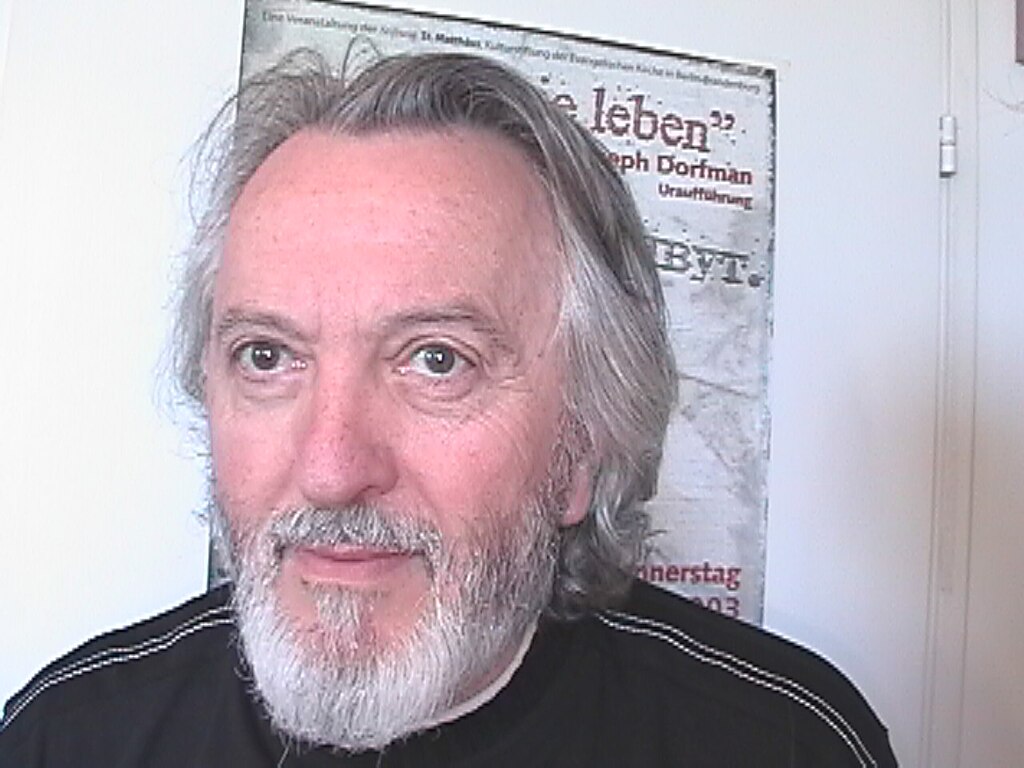Joseph Dorfman was born in Odessa, Ukraine. He studied Piano and Composition at the Odessa Academy (1958-1965), and later studied Musicology and Composition at the Gnessin Musical Institute in Moscow (1967-1971), receiving his PhD in 1971. He started teaching already as a young student at the Odessa Academy around 1960, and was also active as a conductor and composer. In 1971 he applied to the Soviet authorities with a request to immigrate to Israel. This caused him to lose his job and his civilian rights. After many difficulties, Dorfman managed to immigrate in 1973. In Israel he was immediately appointed a lecturer at the Rubin Music Academy of Tel Aviv, and he later lead the institution (1985-1989). He also served as artistic director of the International Festivals of Jewish Art Music, initiated in 1992.
As a composer, Dorfman's works are mainly written in the style of 20th century Western art music, including many techniques such as graphic notation, electro-acoustic improvisation, etc. He wrote over a hundred compositions, including pieces for solo instruments, chamber and vocal music, choral music, ballet, orchestral works, cantatas and oratorios.
Dorfman researched the Jewish musical tradition of Eastern Europe, focusing on the work of the Society of Jewish Folk Music. As part of his research, he found lost works of composers of this society. His interest in Jewish music influenced his music greatly. According to Ofer Ben Amotz,[1] 'the most important element in the work of Joseph Dorfman was the fact of it being Jewish Music.'
Sources:
Ben-Amotz, Ofer. 'Kavim Ledmoto Veleyetsirato shel Hamalchin Yosef Dorfman.' Mutar 12 cited in The Jewish Idea in the Creative Work of Soviet Jewish Immigrant Composers in the Early 1970's.
Ezrati, Keren. The Jewish Idea in the Creative Work of Soviet Immigrant Composers in the Early 1970's.
Kreinin, Yulia. 'Dorfman, Joseph.' Encyclopedia Judaica.
(Photo credit: Lili Dorfman)




